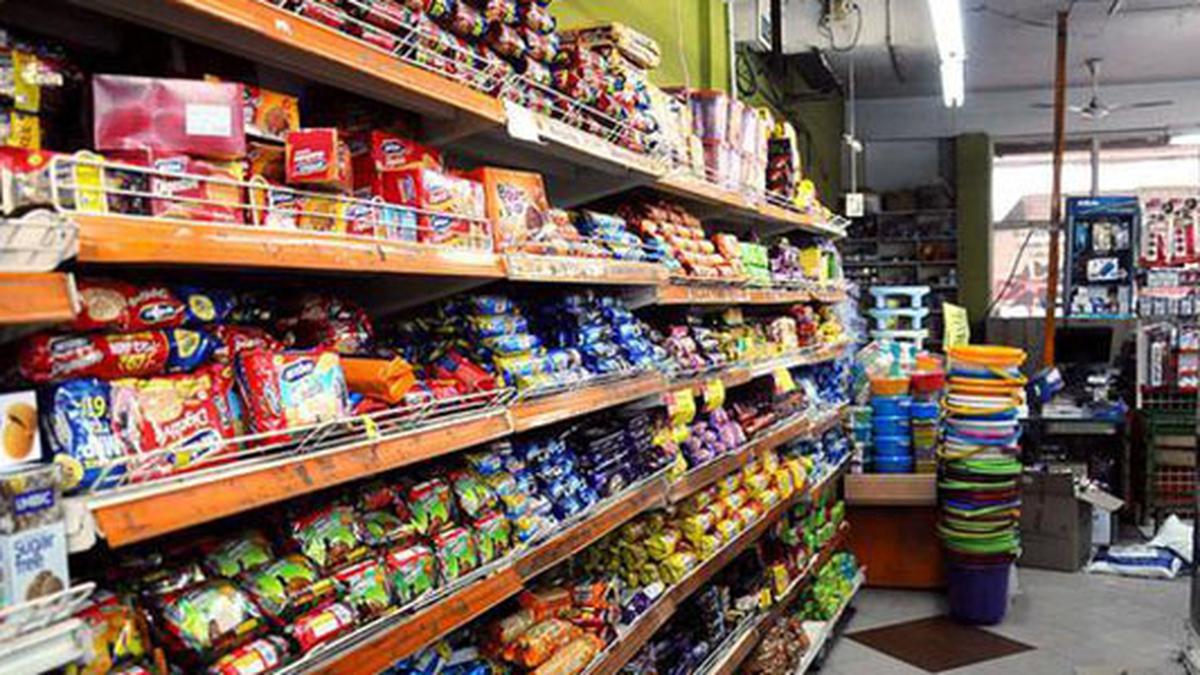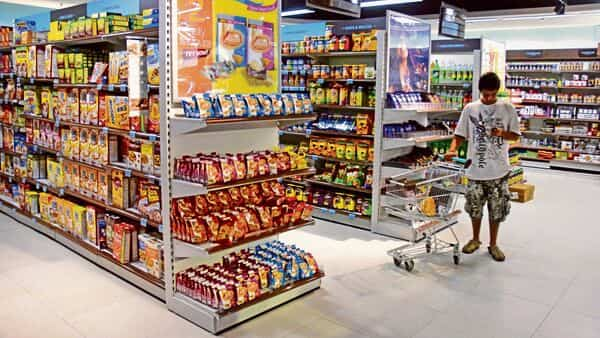As food inflation and rising input costs continue to affect the Fast-Moving Consumer Goods (FMCG) sector, companies are exercising caution regarding potential price hikes. With inflation rates reaching levels not seen in years, FMCG firms are grappling with increased costs for raw materials, transportation, and packaging. This financial strain is prompting many companies to evaluate their pricing strategies carefully, balancing the need to maintain profitability with the risk of losing customers due to higher prices.

Source:- bbc news
Several industry leaders have indicated that while they may need to adjust prices, they are wary of the impact such increases could have on consumer behavior. Recent surveys reveal that consumers are becoming increasingly price-sensitive, with many opting for discount brands or smaller package sizes to mitigate costs. As a result, FMCG companies are focusing on cost-saving measures, such as optimizing supply chains and improving operational efficiency, to absorb some of the inflationary pressures without passing all of them onto consumers.
Source:- news 18
Moreover, companies are exploring innovative product formulations and value-added features to justify any potential price increases. Some are investing in technology to streamline production processes, which could help reduce costs over time. Marketing strategies are also being adapted to emphasize the quality and necessity of their products, appealing to consumers’ desire for value amid rising prices.
Despite these challenges, the FMCG sector remains resilient, with many firms reporting steady demand for essential products. However, the ongoing economic uncertainties and fluctuating commodity prices will require vigilant monitoring. Ultimately, FMCG companies must strike a delicate balance between maintaining affordability for consumers and ensuring their long-term sustainability in an increasingly competitive market.
Share your views in the comments

